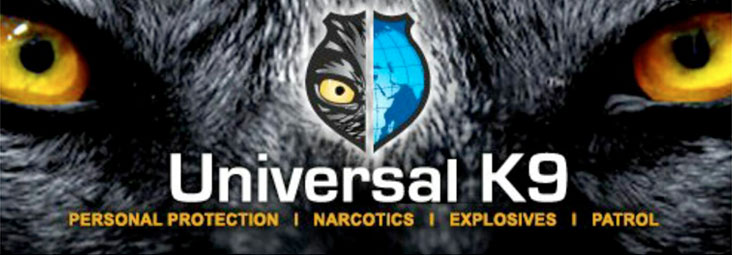Brad Croft, founder of Universal K9, seeks President Trump’s pardon in what is a wrongful conviction on charges related to defrauding the US GI Bill program of almost $1.5 million.
San Antonio, Texas, July 25, 2020 – Brad Croft, founder of the police and military dog training school Universal K9, is pleading with President Trump for leniency. In late 2019, Croft was found guilty of 16 charges related to defrauding the GI Bill program and identity theft, but maintains his innocence.
“My business saved dogs that would have been euthanized, trained them to detect drugs, and donated them to police departments across the country. At 6 AM on August 2018, over 50 FBI agents raided my business. They pulled me and my daughter out at gunpoint,” Croft explained.
Universal K9 gained nationwide notice for the Croft’s role in saving shelter dogs and helping to make America a safer place to live, and was even featured on ABC World News with Diane Sawyer. Croft also provided training to US Military veterans, helping them integrate into civilian life and offering them a mission.
In 2013, veterans began learning about attending Croft’s school using GI Bill benefits. To support their efforts, he applied to become a VA-approved school, which required at least one qualified instructor. Croft provided four instructor names he hoped to use as the business grew, which led to the government’s case.
Today, Brad Croft is imprisoned in a facility already seeing cases of COVID-19 among the inmates and guards and is experiencing symptoms of the disease himself. If left unaddressed, this possible wrongful conviction could transform from XX years in prison to a death sentence.
“God gives us a purpose,” Brad Croft said. “My purpose is to serve others as I was doing before the government stormed my business with machine guns and battle ram trucks for crimes I did not commit. I humbly ask President Trump to show me the same mercy he showed Roger Stone and Navy Seal Gallagher.”
Visit https://universalk9inc.com/blog to view evidence that could clear Croft’s name.
About Universal K9: Universal K9 trained personal protection dogs, arson dogs, narcotics/explosives dogs and numerous other service animals. The company provided dogs to police and military forces, transit terminals, businesses, and schools.

